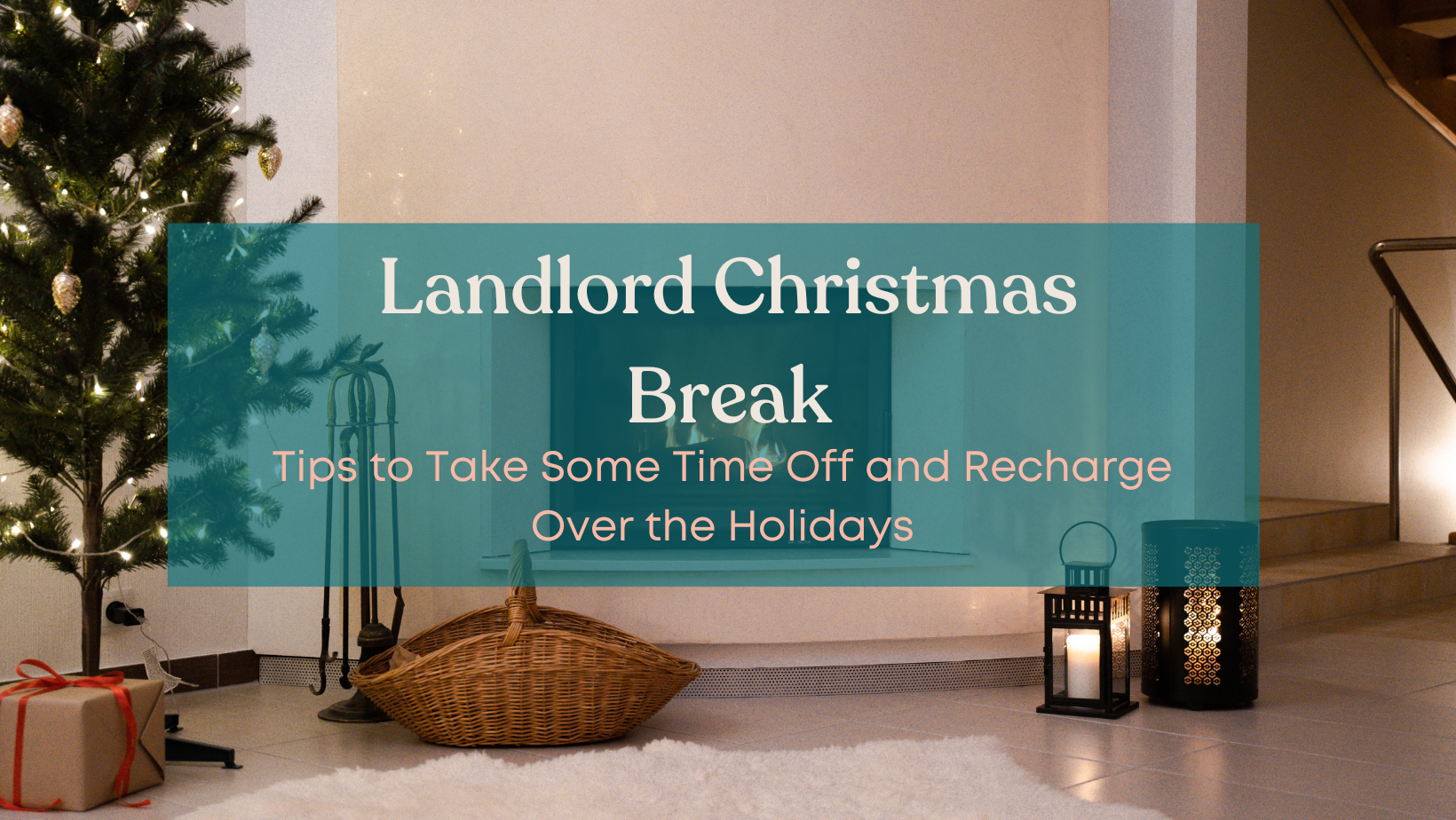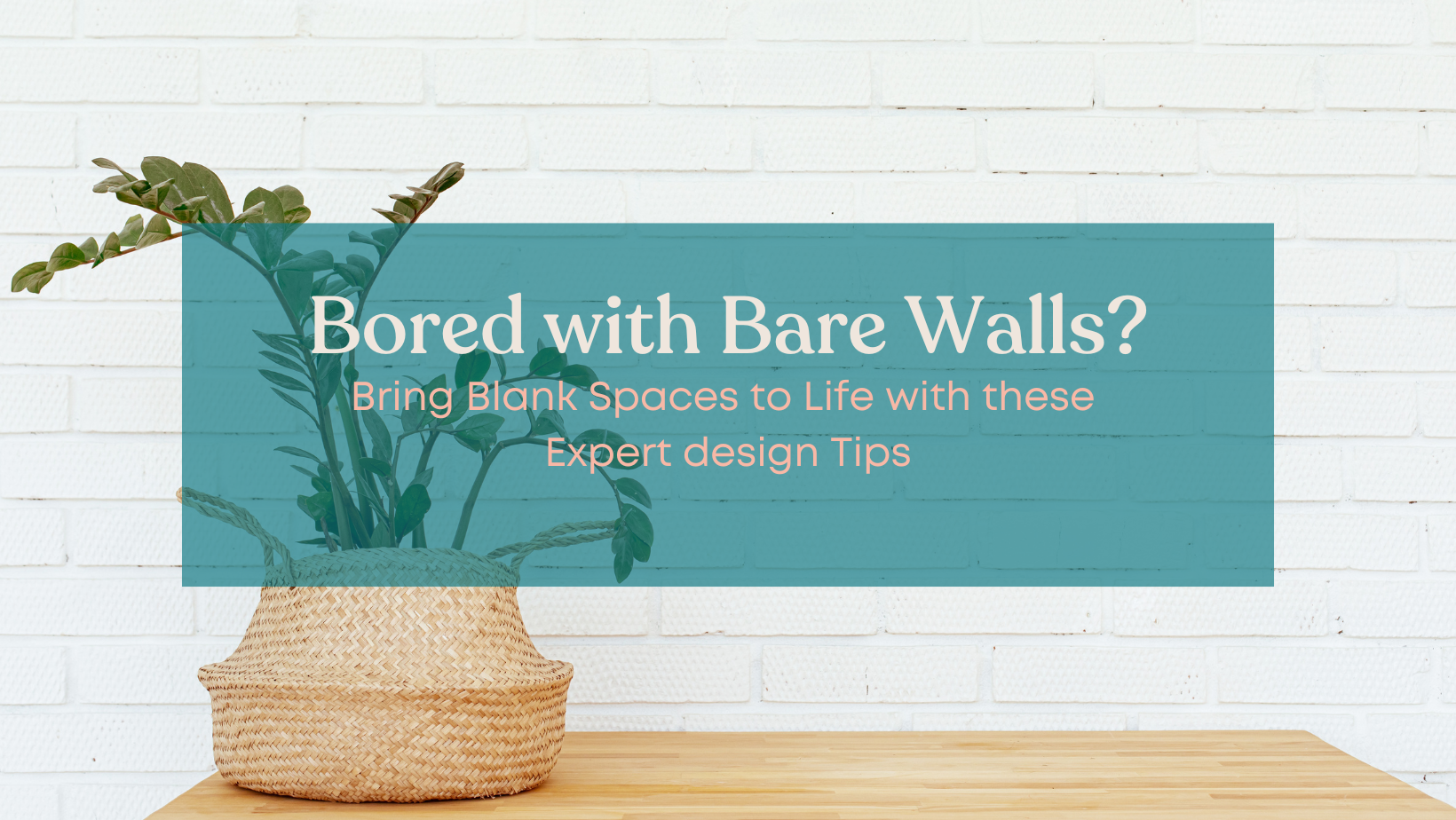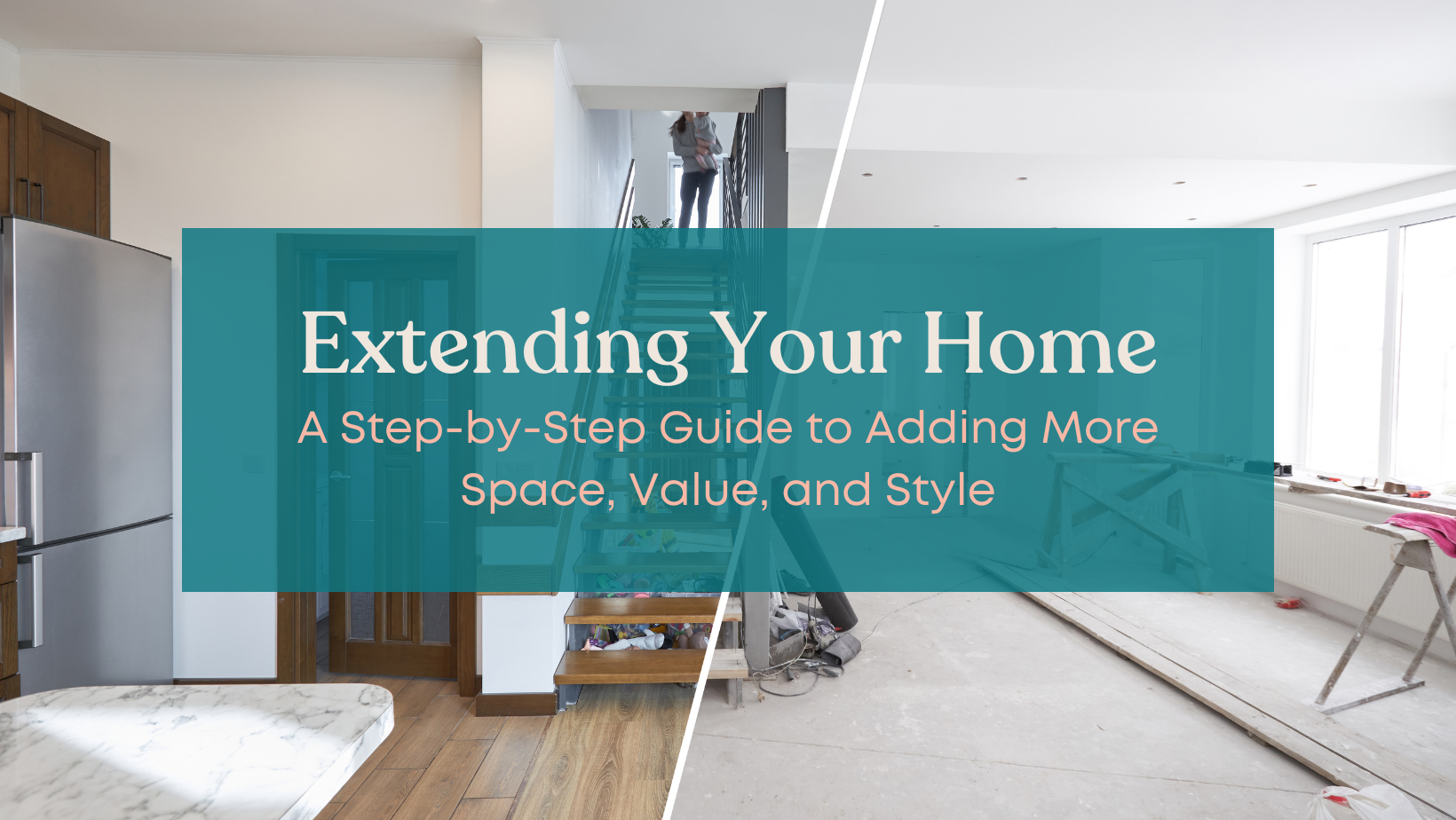When setting out on your Buy to Let journey it's completely normal to make some mistakes along the way, in fact it's part of the learning process, helping you to refine your investment strategy along the way. Here’s my 9 Top Tips on what to look for in a buy-to-let investment:
1. Yield vs. Capital Growth
It doesn't need to be an either / or decision as there are plenty of deals around which will give you a good measure of both, but usually you will need to choose your priority and that will depend on your individual goals. To get an idea of rental value, have a look at what similar properties in the area have rented for recently, and if you want an expert opinion, or a refurbished potential value, give me a call on 01268 955001 and I'd be happy to accompany you on a viewing and give you my honest market appraisal. You can get a rough idea of yield using our calculator here - a good yield is generally considered anywhere upwards of 5% but remember this is just a guide and every investment is different.
2. Getting the right purchase price
It’s not going to be a good investment if your costs are more than your rental yield. Work out your budget carefully and stick to it. Whatever you do, don't be led by your heart over your head, and remember the numbers in all your negotiations. Make sure you also factor in insurance, agency fees, the purchasing costs etc and have a contingency fund to cover voids,
unexpected repairs and the like.
3. Location, Location, Location
I always stress to Landlords I work with, the importance of getting the right "fundamentals" - properties near to good transport links and amenities are always likely to get the best rents and fewest void periods. If you're investing outside of the area where you live, it will be important to recruit a good local letting agent who can give you the inside tips on the best areas to invest in.
4. Know your tenant pool
Buying a property in a busy street might not seem like your cup of tea, but it could be more affordable and provide a ready stream of eager renters keen to live somewhere affordable and with good transport links. Who is it you would like to rent to? Students, young professionals, families? Then think about what kind of property it is they might like. You also need to check with your intended mortgage company as there might be restrictive criteria on occupants and property type.
5. Watch your spending
Having a modern, serviceable bathroom suite and kitchen is going to help you rent your property, but having a new modern designer bathroom suite and kitchen similar to what you'd install in your own home is unlikely to be cost effective in the long run. Prospective tenants want a nice home, but wear and tear is an expected part of a landlord's lot, and it will take you far longer to recoup your costs if you splash out on high-end everything. Remember this is an investment and try to treat it as a business transaction. See my Landlord 101s on this very subject here.
6. Welcome to the Jungle
Many tenants will like having an outside space, and this has become more of a selling point than ever since lockdown, but generally speaking most prefer a small, easily maintainable garden. Think about the type of tenants your property appeals to and whether the garden is in line with that - young families will obviously appreciate a good garden size, but for young
professionals having somewhere to pop a BBQ and bistro table which doesn’t require hours of weeding and grass cutting every weekend is ideal.
7. Future Proofing
Ongoing maintenance on older properties can be expensive, and generally newer builds are likely to have less costs, but might be more expensive to purchase. Remember that not doing required repairs can sometimes be more costly than doing them- if the electrics are not safe and your tenants are injured, you could well be liable. You should aim to get known issues
addressed straight after purchase and before you tenant the property. It's much harder to get remedial works done with a tenant in situ and many don't appreciate the inconvenience and will expect a deduction from their rent.
8. Exit Strategy
You might be buying this as a buy to let, but there could come a point when you want to sell your investment. Will you be able to sell it easily if you need to?
9. Obligations and legals
Be aware of your legal obligations around gas boilers, smoke alarms and electrical installations and consider the long term costs when you are making your purchase. This is where having a good letting agent will help as they can advise. Make sure you get a watertight tenancy agreement drawn up to protect you from the potential costs of getting things wrong - in missed payments, void periods, or even fines.
Remember that investing in property is a long term strategy, and comes with many ups and downs! In my opinion it's still one of the best and most secure investments you can make for your future, but there are many groups whose pressure on the government means it's likely to become more regulated and tightly controlled in years to come. Stay on top of the changes
and you'll continue to enjoy being a landlord for years to come.



 By
By 
 By
By 

 By
By
Share this with
Email
Facebook
Messenger
Twitter
Pinterest
LinkedIn
Copy this link